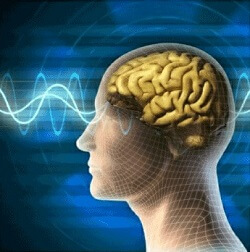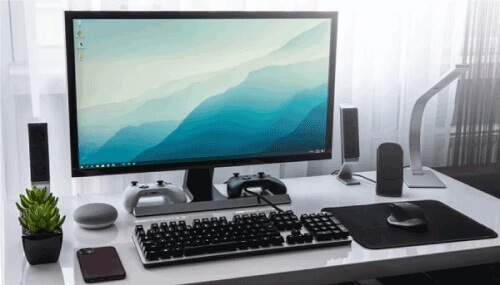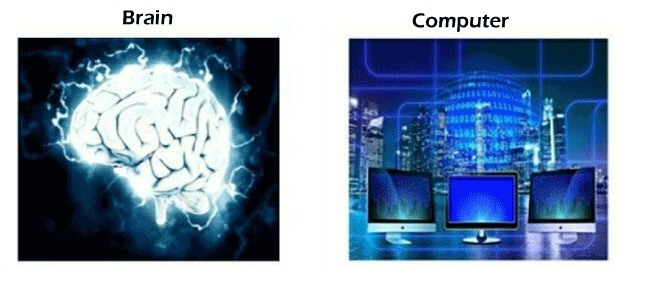Difference Between Brain and ComputerThe distinction between brain and computer is extremely helpful in the field of cognitive science and artificial intelligence, where the human brain is utilized to build an artificial neural network to produce an expert system. The first distinction between the brain and the computer is that the brain can function without data, whereas computers require only a small quantity of data to function. A brain is an innovative and creative organ, but a computer cannot create something new on its own; it would need some program or software to do this. The brain also has common sense reasoning and understanding capabilities. Brain
The human brain is a highly complex and abstract system. It includes 100 billion neurons and about 1012 synapses per cubic centimeter of the cortex. Breathing, seeing, talking, hearing, walking, imagining, experiencing, learning, smelling, thinking, monitoring, and making decisions are all functions that our brain performs simultaneously. Such jobs necessitate a significant amount of processing. The human brain's memory is utilized for encoding, retaining, storing, and consequently reminding information and past experiences. It is a place where all of the learned processes and things are retained from the activities. Neurons are responsible for the entire process. Neurons, which are made up of Synapses, are living cells that serve as storage units in our brain. There are more than 125 trillion synapses in our brain, with each neuron connecting to 10000 or 100000 neurons. In order to store one byte of data, 200 billion neurons are required. However, the brain's storage capacity is limitless. The human brain does not follow any topology like computer networks. It changes its topology and creates a new connection every time a person learns anything new. On the other hand, information retrieval in the human brain is a complex process in which relevant information is obtained first and then represented in any manner. Brains only require roughly 1800 calories to complete the tasks mentioned above, however; computers require more power. Computer
A computer is an electronic device that does computations. It is capable of performing several calculations within a second. However, when we compare the human brain to a computer it is a long way behind. Because the computer is incapable of performing tasks that a typical child's brain can, such as identifying handwritten patterns, distinguishing between different voices, developing new things, and so on. A computer is made up of several electronic components such as logic gates, transistors, capacitors, diodes, ICs, etc. This electrical component combination allows for extremely fast processing (can be in nanoseconds). The amount of storage in computers can vary, and the capacity of memory is increasing while the size of memory is decreasing as memory technologies evolve. On the other hand, computer memory can be divided into two types: primary and secondary. Primary is used to save temporary values for mathematical procedures that require quick access or updates. When the power is turned off, this type of memory content disappears. Secondary memory such as Hard disks, removable disks, and tape drivers is used to store data that needs to be kept for a long time, such as system data programs and other documents. The smallest addressable memory unit is a byte. In order to establish connections between the computers with the help of several networking devices (like hubs, satellites, switches, workstations, and nodes), the, topologies such as star, bus, mesh, and ring are used. Connecting so many computers in different locations throughout the world takes a long time. The terms LAN, MAN, and WAN are used to categorize networks based on the area they cover. Client and server architecture is used to retrieve information from the internet. The computer's processing speed is faster, and its energy consumption is in gigawatts. Difference Between Brain and Computer
Key Difference Between Brain and Computer
ConclusionThe most important distinction between the brain and the computer is that the brain operates on a number system by default, whereas the computer operates on a binary language, and the brain uses a heuristic approach to learn by experiences. On the other hand, computers learn the things which are residing in memory (distributive learning).
Next TopicDifference between
|
 For Videos Join Our Youtube Channel: Join Now
For Videos Join Our Youtube Channel: Join Now
Feedback
- Send your Feedback to [email protected]
Help Others, Please Share










